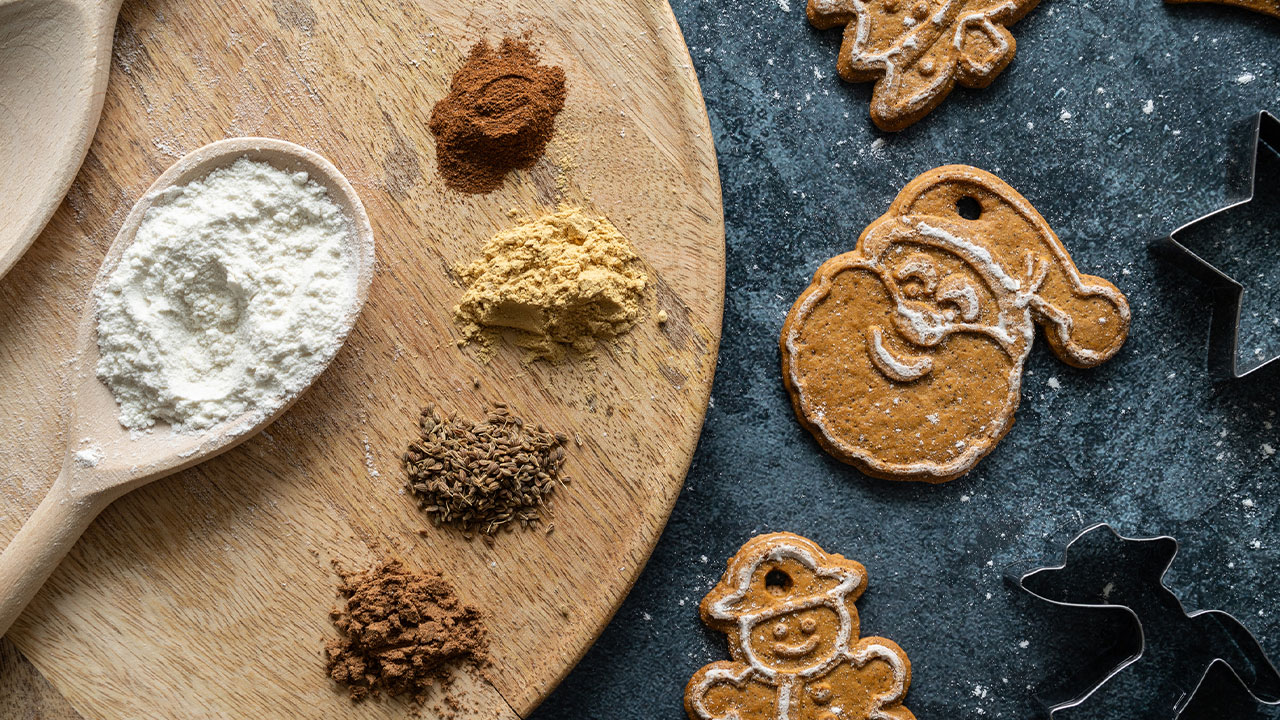content body
All sorts of foods are associated with this holiday season. Thanks to Auburn University and the Tony and Libba Rane Culinary Science Center, gingerbread is an ever-popular staple. This year’s gingerbread village — depicting a number of campus buildings — was unveiled earlier this month and will remain on display on the ground floor of the center until New Year’s Day.
Carol L. Connell, interim Extension specialist with the Alabama Cooperative Extension System and lecturer in the College of Human Sciences’ Department of Nutritional Sciences, offers her take on the health benefits of the flavorful treat in this guest essay.
Gingerbread houses, cookies and cakes spark visions of cozy fireplaces, hot cocoa and Christmas. These sweet confections contain several ancient spices that were highly valued and signified wealth in medieval times. Modern research has focused on the health benefits of the spices in gingerbread, most notably cinnamon and ginger.
While studies have shown some benefits such as lower blood sugar levels with cinnamon and ginger, the studies used amounts of these spices not normally found in foods such as gingerbread.
However, one ingredient that is often used in homemade gingerbread cake and cookies imparts nutritional benefits that make gingerbread a more nutrient-dense option than some of the other confections that may be gracing the dessert bar at holiday gatherings.
Traditional gingerbread made from scratch contains molasses, a light brown to dark brown syrup that is a byproduct of the refining of sugarcane or sugar beets into sugar. Molasses not only provides a unique sweet flavor to gingerbread but also contains vitamins and minerals not found in refined sugar or corn syrup.
The most notable nutrients found in molasses are potassium, magnesium, iron and the B-vitamin folate. Potassium and magnesium are both important to proper blood pressure regulation and heart and muscle contractions. Iron and folate are good for red blood cell formation and prevention of two different types of anemia.
Folate, specifically, is vital for normal neural tube development during pregnancy. A two-ounce serving of gingerbread cake, made from scratch, and chocolate cake with icing both provide about the same number of calories and carbohydrates. However, the gingerbread cake provides two-and-a-half times the potassium and folate, two times the magnesium and one-and-a-half times the iron of the chocolate cake, making gingerbread a better choice for a sweet treat.





